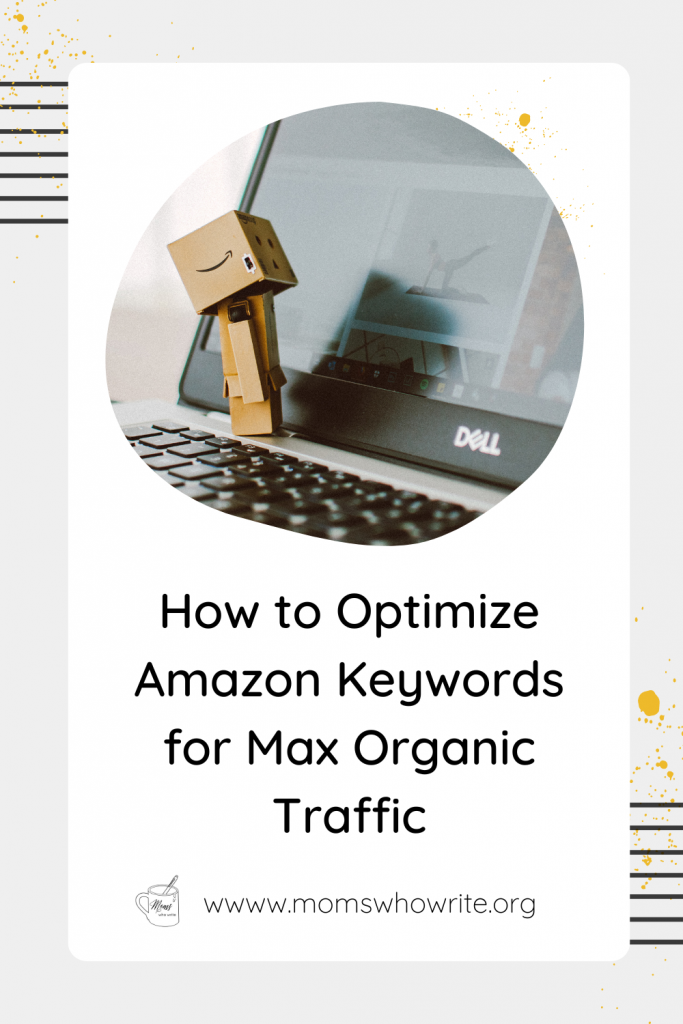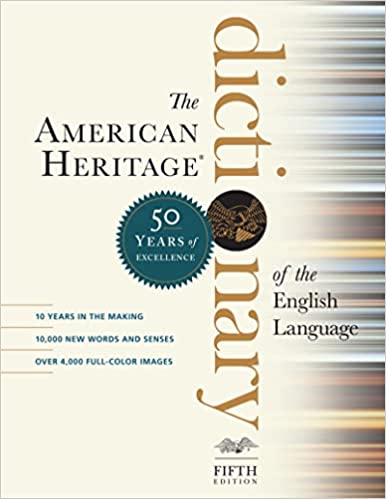Have you listed your book on Amazon? If you do, you get to attach seven keywords to the listing. These keywords define how the search engine finds your book for customers—how it matches what the reader types in with results they might be looking for. The right Amazon keywords can be a driving force behind visibility, sales, and even reviews. So how do you maximize them?
First of all, make sure you understand what an Amazon keyword is. It’s not so much a key “word” as a key “phrase.” And while it may seem to make sense to choose words and phrases with the broadest commonality to be seen by the most possible searchers, the opposite is actually true. Using generic terms doesn’t just get your book lost at the bottom of a vast sea of results. It may also attract the wrong readers—readers with differing expectations, who are therefore going to give differing reviews.
If you want to get your precious book baby in the hands of ideal readers who will love it, you need to learn how to manipulate the search engine.
Choosing Amazon keywords
For this step, you will need to use a service like Publisher Rocket to compare keywords. Yes, there may be a small investment involved. However, the return is definitely worth it.
Begin with a brainstorming. Think about what someone looking for a book like yours would type in. Have you written a memoir about your difficult childhood? Perhaps dealing with toxic parents or overcoming childhood trauma. Have you written a YA romance featuring mermaids? Try young adult mermaid romance or teenage romance fantasy. Just jot down what you would type if you were looking for your book.
Now, test. What you want to use are keywords that have a high search rate but comparatively low competition. Maybe young adult mermaid romance gets searched thousands of times per month—awesome! However, if 20,000 other novels use that keyword, it doesn’t matter how many people type that search, they’re never going to see you at the bottom of the list. Use your comparison tool of choice to find phrases with the best ratio.
Stacking the Amazon keywords
Have you ever had an experience where you clicked a search result and got really confused? Like, why is the internet showing me this? This doesn’t seem to have anything to do with my search.
This probably happened because someone plugged in keywords on their backend that don’t actually appear on the page you’re reading. That feeling of being misled and confused probably leads you to click back to other results pretty quickly.
To avoid losing customers who got as far as clicking on your book, edit things like your subtitle or book description to reflect your keyword choices. Seed in some of those phrases, whether in exact or similar language, so the customer knows they’ve landed where they want to be. Again, this keyword usage doesn’t need to be verbatim because you’ve already entered the keywords into the Amazon Keywords form. The search function read the form already.
Remember the ideal reader
I have to emphasize this: you don’t want just anyone reading your book. A reader who buys your book with a certain expectation will feel betrayed if that expectation isn’t met, and their reviews will not be favorable.
You don’t even want just anyone searching your book. That’s because keywords aren’t the only thing that determines who sees it. The people who click on your book affect the algorithm also. If people who search for memoirs constantly click my middle-grade fantasy because of my keywords, then Amazon is going to recommend my fantasy to people searching for memoir…. INSTEAD of recommending it to fantasy readers, because they haven’t been finding it to click!
Test all of your assumptions. Get creative. Make sure you use niche keywords that attract the people who will actually enjoy—and highly review—your book. Your book deserves it!
Other Amazon hacks to try
There are a ton of Amazon hacks out there for authors to help you boost sales:
- 10 Categories: Amazon allows you to place your book in two categories by default. But by emailing them separately, you can get it listed in up to 10.
- Reader Magnets: Begin your book preview/sample with a page offering a freebie or reader magnet, and collect newsletter signups. After all, why not turn Amazon’s customer into your customer?
- Verified Purchase Reviews: Many authors also report success in occasionally offering their ebooks for free, in order to gain recent “verified purchase” reviews. These labels help readers when deciding which books to take a chance on, especially for indie authors.
- Amazon Ads: Organic traffic is always the best to gain from optimized keywords– it’s free and effective. But ads can help too, and you should explore them.

Share the wealth and ask questions!
Pick the brains of your fellow authors, they won’t mind. See what worked for them, and consider which options are a good fit for you.
Do you know any nifty Amazon hacks? Please drop a comment! Help the rest of us out! Inquiring minds need to know.
About the Writer: Kathryn Tamburri (@KathrynTamburriAuthor) writes clean YA epic fantasy novels which seethe with slow-burn romance. You can find more of her writing tips on The Devo Blog at KathrynTamburri.com, and learn from her publishing journey by subscribing to her fun author newsletter!
About the Writer: Kathryn Tamburri (@KathrynTamburriAuthor) writes clean YA epic fantasy novels which seethe with slow-burn romance. You can find more of her writing tips on The Devo Blog at KathrynTamburri.com, and learn from her publishing journey by subscribing to her fun author newsletter!
Book Highlight
Need help with some words? Break out one of our favorite writing craft books of all time: the dictionary. This one is one of our favorites. Happy keywording, everyone!

